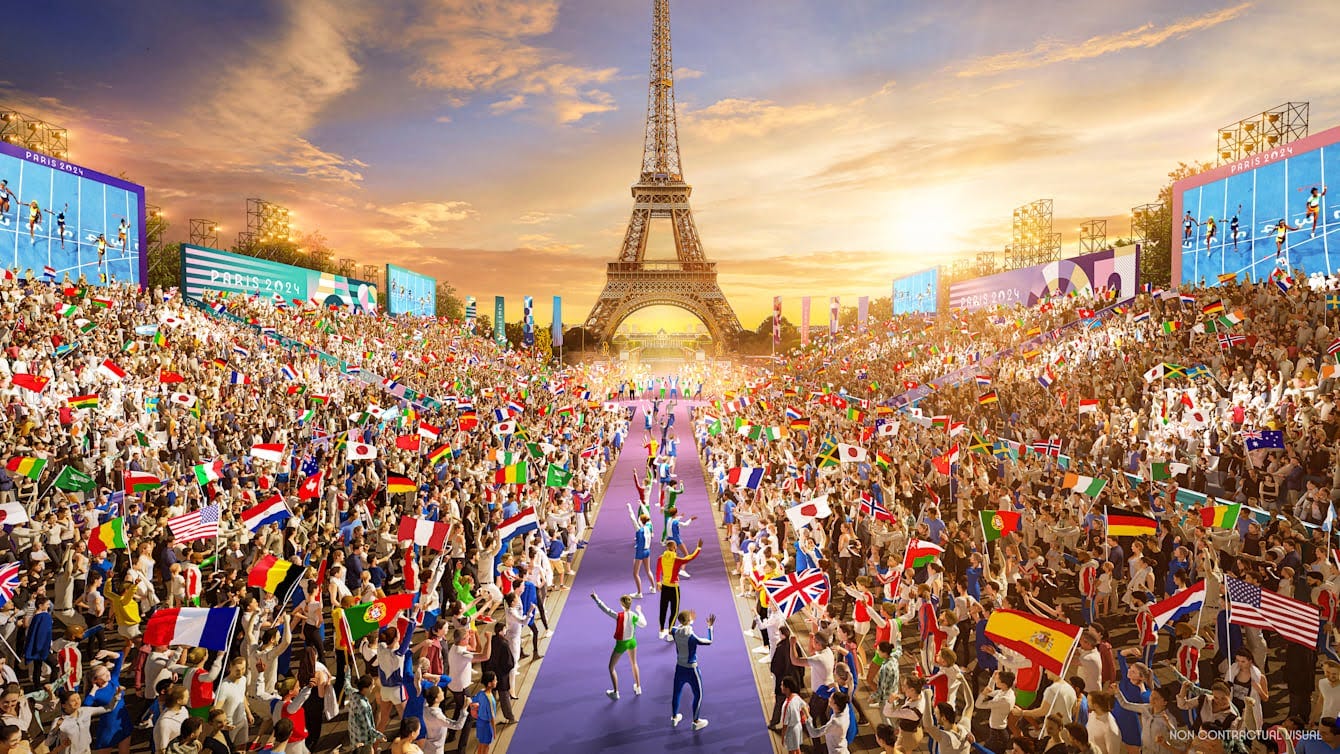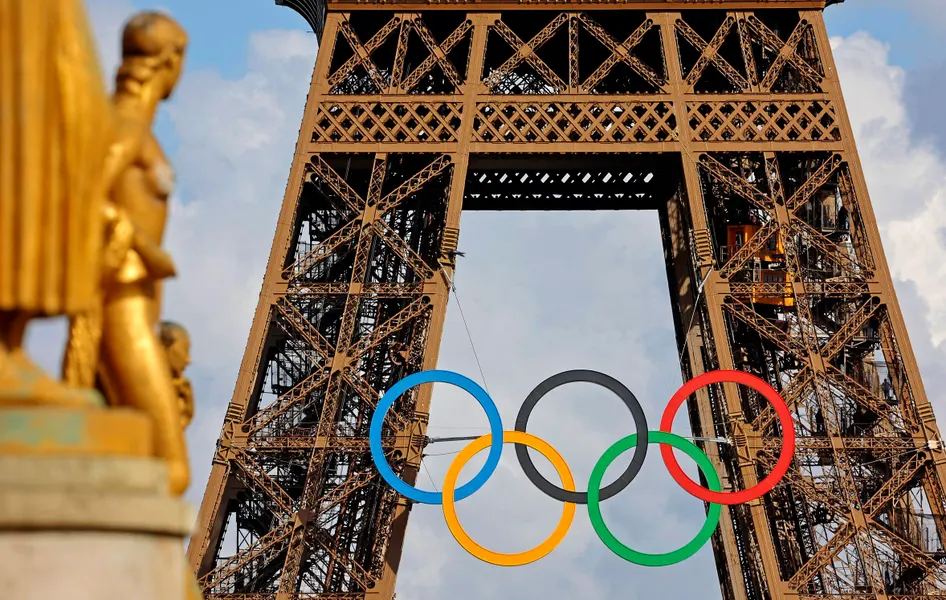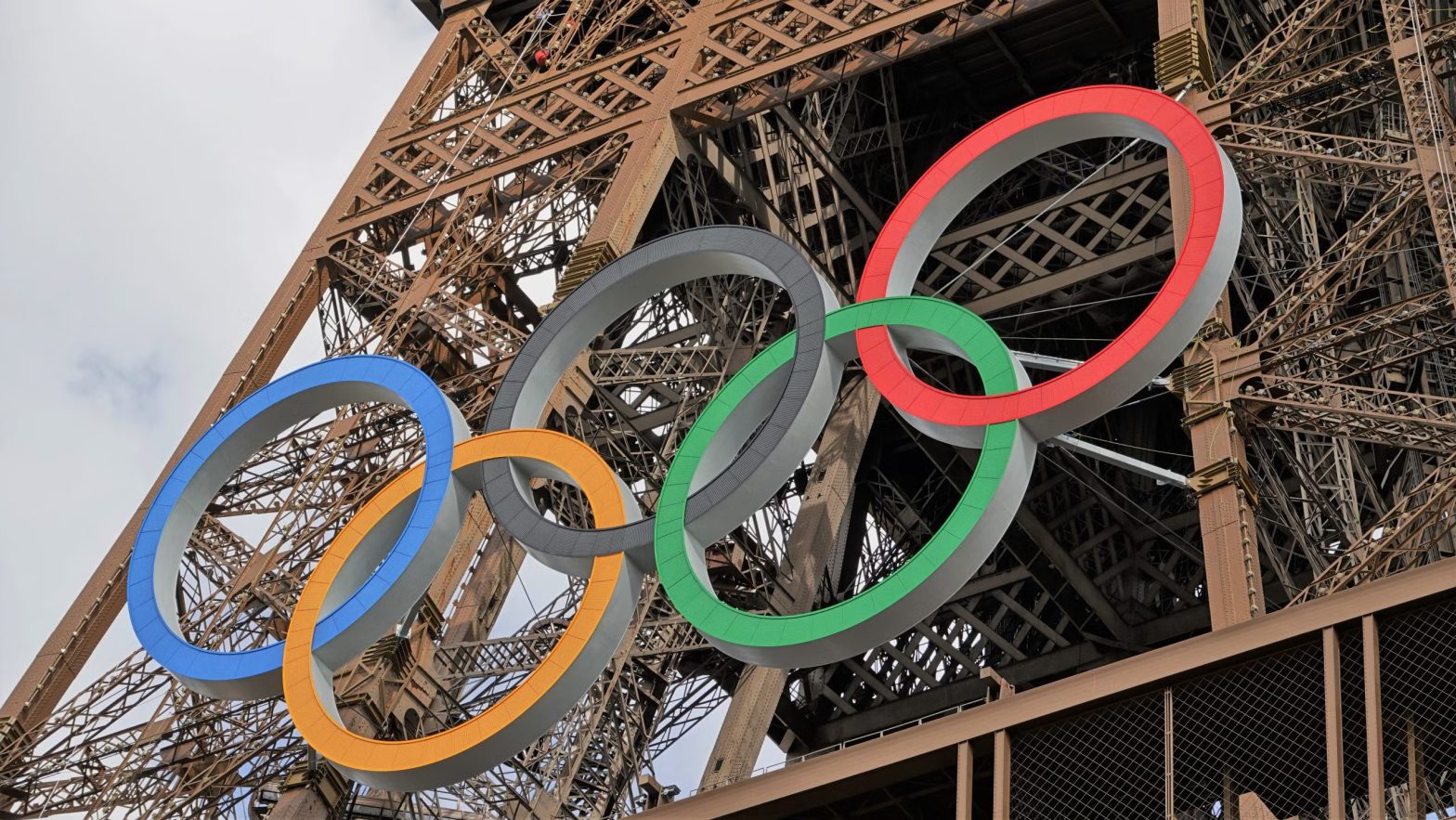Mega-events like the Olympic Games have long been celebrated by billions worldwide, but their legacy often includes significant damage to host cities and their residents. Historically, the Games have left behind broken budgets, oversized infrastructure, security militarization, and forced evictions of vulnerable populations. For instance, host cities have faced “white elephant” projects—expensive, underused venues—and the disruption of local communities, particularly socioeconomically disadvantaged groups. Despite promises of sustainability, the Olympic Games often exacerbate these issues, as seen in recent events such as Beijing 2022 and Tokyo 2020-2021, where “green” credentials were overshadowed by negative consequences for residents. This pattern highlights the unsustainable nature of the Olympics.
In response to growing criticism, the International Olympic Committee (IOC) has introduced a series of reforms aimed at making the Games more sustainable. The IOC has emphasized using existing infrastructure to host the Olympics, rather than building expensive new facilities. This approach is expected to reduce costs and mitigate the environmental impact of constructing permanent venues. Additionally, reforms to the bidding process and planning timelines have been designed to streamline operations and reduce overspending. The Paris 2024 Olympics, as the first to be planned under these new guidelines, serves as a test case for the effectiveness of these reforms.
Paris 2024 has demonstrated some successes in implementing these reforms, notably through the high utilization of existing venues, which is projected to be between 80-95%. This shift towards using existing facilities reduces both the ecological and economic costs associated with new construction. Past Olympic Games, such as those in Athens, Montreal, and Brazil, have struggled with underutilized, costly sports venues. Paris’ commitment to temporary structures, such as the Grand Palais Éphémère, further aligns with the goal of minimizing permanent infrastructure. This marks a notable departure from past events and offers a promising model for a more sustainable future Olympics.

However, the Paris Games also expose persistent problems, particularly in the economically disadvantaged northern suburbs, such as Seine-Saint-Denis, where much of the construction has taken place. Local residents have been significantly affected by Olympic-related projects, including evictions of migrant workers and the clearing of squats. These actions, justified by urban renewal arguments, have resulted in the displacement of vulnerable populations without clear housing alternatives. Critics argue that this is a form of “hiding the undesirables,” a common practice in host cities before major events, and a reminder that marginalized communities often bear the brunt of preparations for global spectacles.
Moreover, the security measures in place for Paris 2024 raise concerns about the erosion of public space and civil liberties. The presence of police, military, and surveillance technologies, including AI-powered facial recognition, has led to fears that these practices will persist beyond the Games, fundamentally altering the nature of public spaces in Paris. This trend mirrors past Olympic Games, where increased security measures disproportionately affected marginalized communities. The use of these technologies during the Games highlights the ongoing tension between security concerns and the rights of residents, particularly in low-income areas like Seine-Saint-Denis.
The construction of new infrastructure, such as the highway interchange near the Stade de France, has sparked controversy due to its impact on local residents. The new road infrastructure, designed to support Olympic-related activities, is situated near a local school and has led to concerns about increased pollution levels, endangering children’s health. Residents’ protests against the project have been ignored, demonstrating a recurring theme in Olympic host cities: the voices of local communities are often sidelined in favor of broader development goals. This reflects a longstanding issue with mega-events, where the needs of the local population are frequently sacrificed for the sake of global ambitions.

While the IOC’s reforms have sought to address some of these concerns, the problem is not solely one of external influence. Local government complicity also plays a significant role in the harmful effects of hosting mega-events. In Paris, the local authorities’ failure to adequately address residents’ concerns exacerbates the negative impacts of the Games. The integration of Olympic plans with broader urban development projects in the Grand Paris scheme—while aimed at transforming the city and surrounding regions—has led to a disconnect between the promises of sustainable development and the lived realities of marginalized communities in Paris.
To achieve true sustainability in future Olympic Games, reforms must go beyond structural changes to planning and infrastructure. The voices of residents, especially those from disadvantaged communities, must be central to the decision-making process. An independent body, with the power to investigate and enforce regulations, should be established to oversee mega-events like the Olympics. This body would be responsible for ensuring that the social, economic, and environmental costs of hosting are transparently assessed and that organizers are held accountable for any harm caused to local populations. Such an approach would create a system in which vulnerable communities have more control over whether and how mega-events take place in their cities.
While Paris 2024 has made strides toward a more sustainable Olympic Games, it still faces significant challenges, particularly in its treatment of marginalized communities. The IOC’s reforms are a step in the right direction, but the long-term sustainability of the Games depends on further changes in both the international and local governance of mega-events. Authentic sustainability requires that the risks and costs of hosting are fully accounted for and that local residents have a say in the decision-making process. By empowering communities to have veto power over mega-events, the Olympics could move away from its legacy of exclusion and towards a more equitable future.
